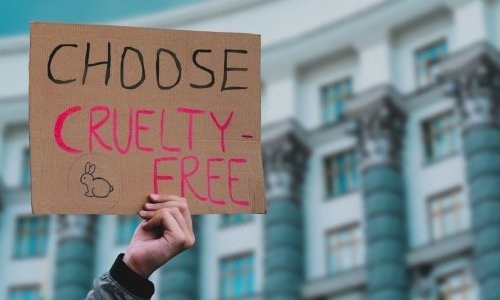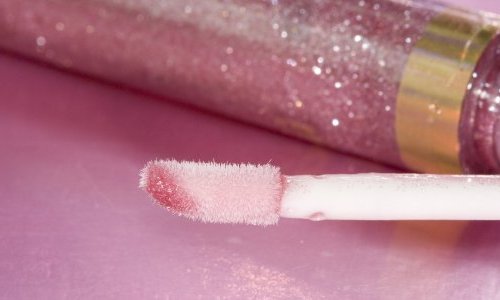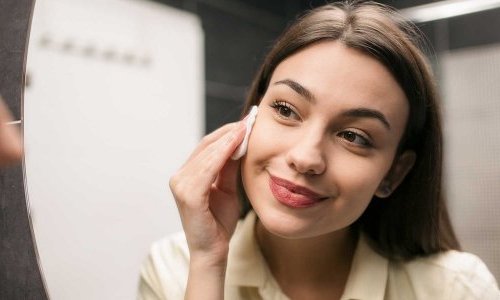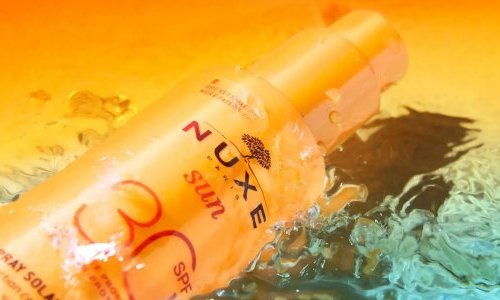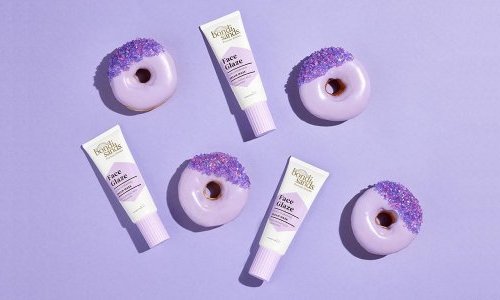
Photo credit: shutterstock.com / © CandyBox Images
Connecticut bans plastic microbeads in cosmetics
With the recent adoption on June 29 by the Connecticut legislature of a number of items as budget implementers including a ban of plastic microbeads used in cosmetics and personal care products, the prospect of a general ban in North America gained ground.
The text prohibits the manufacture of personal care products - with the exception of over-the-counter drugs - containing synthetic solid microbeads from December 31, 2017. It also prohibits the importation of such products from December 31, 2018.
Several other states have already passed similar laws or are considering their adoption. The list of states that have passed a ban or discussing this issue includes California, Colorado, Illinois, Maine, Michigan, New Jersey, New York and Wisconsin. In New Jersey, for instance, Governor Chris Christie signed the legislation (S2178) into law on March 2015, after having vetoed an earlier version of the law in December 2014.
Towards a federal law?
On the 1st of May 2015, Congressman Fred Upton and members of the House Energy and Commerce Committee’s Subcommittee on Health held the first legislative hearing on H.R. 1321, the Microbead-Free Waters Act of 2015. This bipartisan bill, authored by representative and Energy and Commerce Committee Ranking Member Frank Pallone, would require the Food and Drug Administration to prohibit the sale or distribution of personal care products containing plastic microbeads by January 1, 2018.
A Federal legislation would have the advantage to establish a national standard to protect the environment and therefore ensure that manufacturers do not face a patchwork of State laws.
Canada on the track
In Canada, the House of Commons unanimously voted a proposition from the New Democratic Party (NDP) to add microbeads to the list of toxic substances managed by the government under the Canadian Environmental Protection Act. The NDP initiative has received support from many people across the country, NGOs and the Canadian Cosmetics, Toiletry and Fragrances Association. A public petition on Change.org has gathered over 30,000 signatures in a few short months.
All these legislative initiatives show a clear direction and it is quite reasonable to expect that a ban on plastic microbeads in cosmetics will be effective across the North American continent around January 2018.




